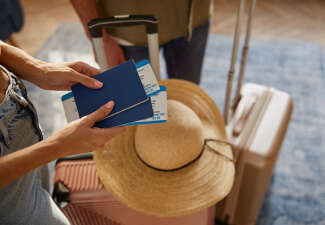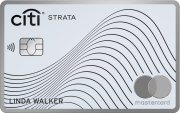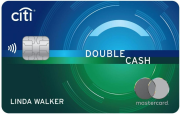The content on this page is accurate as of the posting date; however, some of the offers mentioned may have expired.

Identity theft, identity manipulation, credit card fraud… there are a whole slew of crimes to fall victim to these days. Students, most of whom have fresh, unblemished credit histories, are appealing targets for identity fraudsters.
“Identity thieves don’t care if you’re a struggling student and don’t have a penny to your name,” cautions a spokesperson for the Better Business Bureau. “Sometimes all they want is to exploit your clean credit record. By establishing good habits for monitoring and detecting fraud, students can lay a path for healthy financial practices for the rest of their lives.”
There are a few things students can do to better protect themselves against those shady individuals seeking to outright steal or manipulate someone else’s identity.
- Be stingy with your Social Security number. If you are asked to provide your social security number, don’t just give it out without first asking if there is some other information that you can provide instead. The less often you give your all nine digits of you SSN, the better.
- Cut down on what you carry in your wallet. Don’t carry around unnecessary personal checks or more than one credit card at a time. Never, ever carry your Social Security Card in your wallet unless you need to bring it with you for work or school.
- Go over your statements. Sit down and look over every single bank account and credit card statement as soon as you receive them. Look for unfamiliar or suspicious activity and, should you notice anything odd, report it to your card company immediately.
- Strengthen your passwords. Change all of your passwords on a regular basis and steer clear of using birthdays, pet’s names or anything else that might be easy for someone else to guess. Use a combination of letters, numbers and symbols to make them extra strong.
- Stay secure. When filling out forms online, look at the address bar to make sure the site is secure before entering any personal or financial information. There should be both a padlock symbol and an “s” after the “http.”
- Update security programs regularly. In most cases, you can set your computer to automatically update all anti-virus and anti-malware programs at regular intervals.
- Don’t overshare. No matter what your friends are doing, think twice before posting personal information on any social networking site. Adjust the privacy settings so that you can better control who is checking out your profile.
- Stay alert at the ATM. When entering in PIN numbers, shield the keypad with your free hand. If you need to reveal personal information over the phone, be sure no one is listening nearby.
- Shred sensitive documents. Don’t just toss out papers that have your sensitive personal information printed on them, shred them first. When storing such documents, keep them in a place that can be locked. Create a computer file that is password-protected for storing sensitive digital files.





